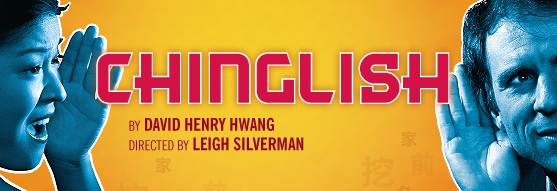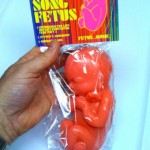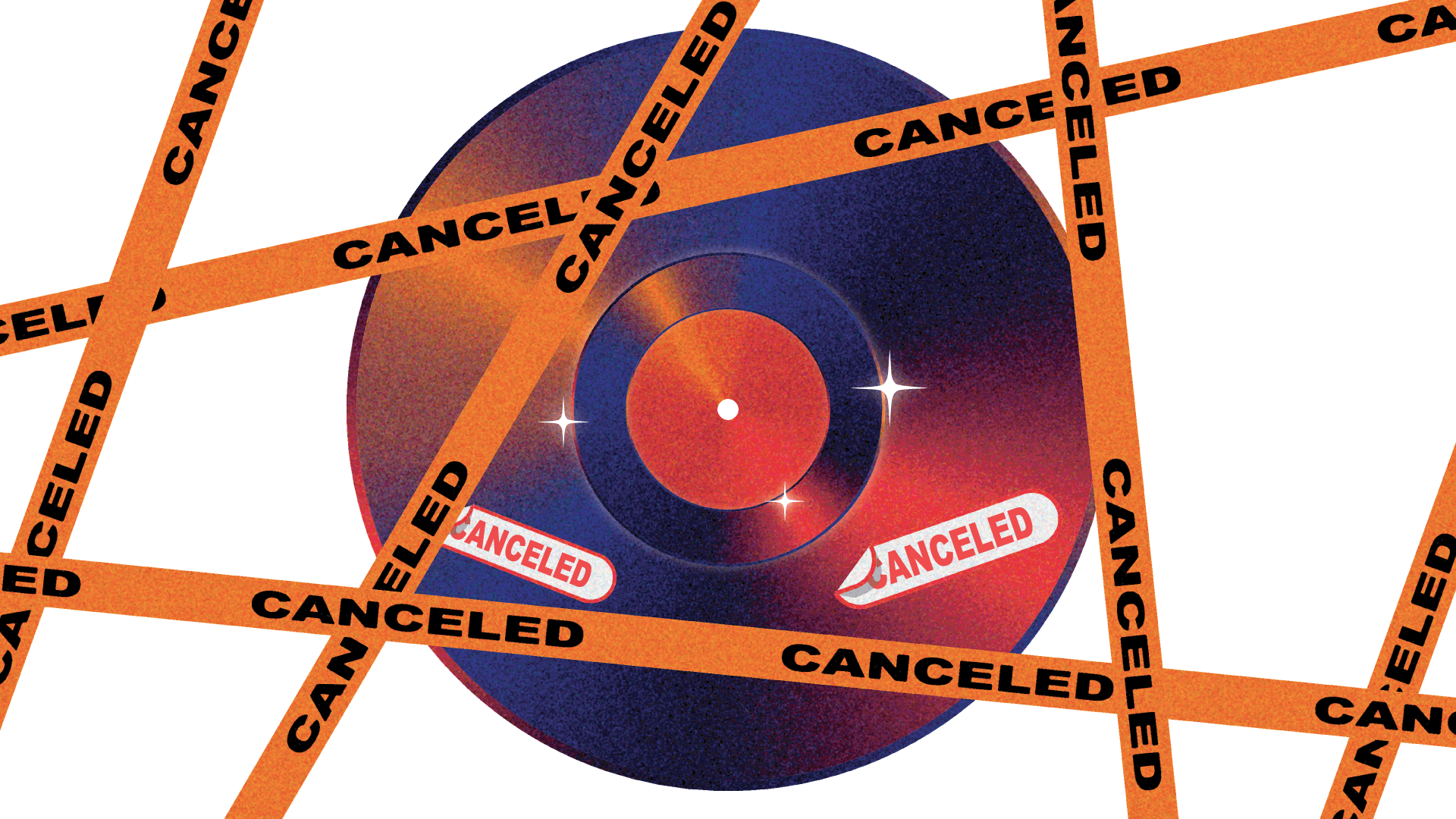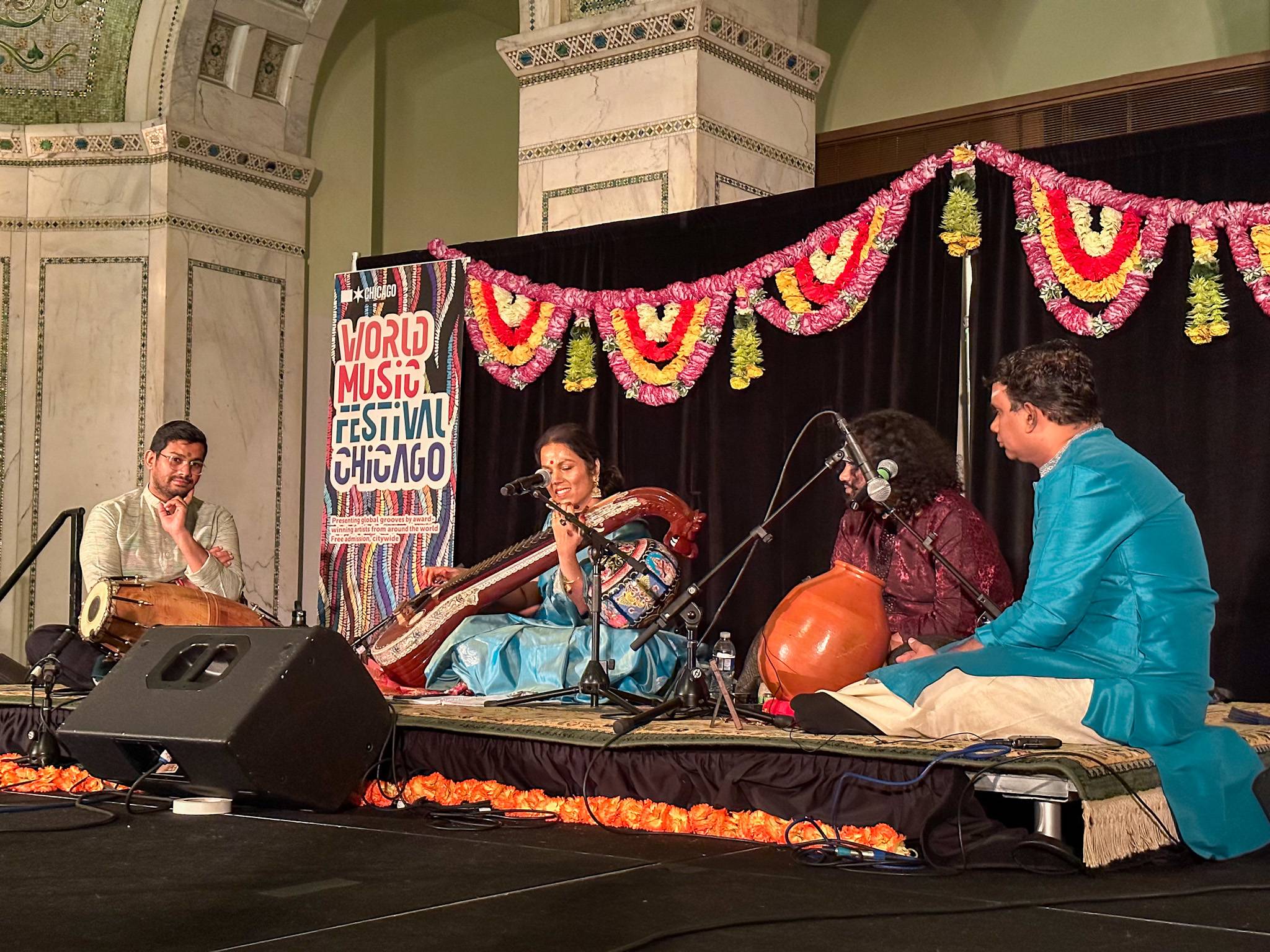With the recent heightened media attention on the intimidating growth of China, “Chinglish” is a timely response to America’s increasing curiosity of Chinese culture. The play, which debuted at the Goodman Theatre on June 18th, is extended its successful run until July 31 due to popular demand. “Chinglish” humorously portrays the distress of an American merchant trying to start a new chapter of his life in China, a relatable plight for individuals familiar with the dislocation and unease of traversing between cultures.
It’s not a coincidence that playwright David Henry Hwang has such poignant insights into the nuances of American and Chinese culture. Famous for productions that explore cultural identity issues — including the Tony Award-winning “M. Butterfly” which debuted in 1988, and the more controversial semi-biographical “Yellow Face,” which premiered in 2007 — Hwang has not restricted himself to exclusively representing the Asian American experience. Through his work, he has come to recognize a more pressing issue in a world with expedited international culture exchange. “I’m not into multiculturalism as a subject matter anymore,” said Hwang in an interview with Andrew Knight for the Goodman, “I’m interested in internationalism. It’s the new multiculturalism. How we deal with each other isn’t sufficient anymore. It’s about time we examine how we interact with the rest of the world.”
The script illuminates discrepancies and connections between China and America, highlighted by hilarious absurdities. Embarking on a business venture in China, Daniel Cavanaugh (James Waterston) soon finds himself facing challenges that go far beyond linguistic barriers; including one that leads him to frequently question his new foreign lover about her motives for even the simplest decisions. Enchanted by Daniel’s honesty, Xu Yan (Jennifer Lim), is an enigmatic combination of candidness and secrecy. As she offers Daniel unconditional trust and generous help to land his “big deal,” language barriers become less of an obstacle and more fodder for the development of their romantic chemistry. In this elaborately designed stage production, the feeling of bewilderment is taken a step further by stage designer David Korins, whose dazzling rotating set takes us on a head spinning journey lost in translation.
A prolific modern playwright, Hwang must be familiar with criticism of misrepresentation. In the case of “Chinglish,” the playwright examines a quintessential cultural difference between the United States and China: the ideal marriage. Both Daniel and Xu, trapped in their own unfulfilling marriages, can’t seem to reach a consensus about their views on marital relationships. While Daniel is trying to break away from his wretched marriage to seek out true love, Xu is looking solely for carnal pleasure and remains evasive about her feeling towards her new lover. He is unable to understand why she doesn’t believe in divorce, and conversely she doesn’t understand why he can’t keep his wife in the dark as a means of “protecting” her. To Xu, marriage doesn’t necessarily thrive on love. Despite the fact that she’s not in love with her husband at all, she still manages to maintain her marriage and to help her husband to succeed.
Whether or not Xu’s values are shared by many Chinese women is questionable, but she deeply believes in her own judgments. As soon as Daniel confesses his love, she detects a crack in the carefully preserved shell of her “perfect” marriage. The risks she’s been taking, which Daniel assumed were rooted in a personal belief in her husband, turn out to be little more than a boost in her husband’s efforts to ascend the social ladder.
Although the play is chiefly focused on the dramatic relationship of an American man and a Chinese woman, it encompasses more than an incongruous love affair. One can easily relate to the unfruitful romance to the bittersweet relationship between China and U.S., which alternates between love and hate, and hope and despair. The complex nature of foreign affairs, partially attributed to cultural difference, resonates around the world. “Chinglish” doesn’t provide a definite answer to whether or not we can achieve a better mutual understanding, but one thing is for sure: cultural dislocation will continue appealing to audiences, as the expansion of a global culture carries on.






















